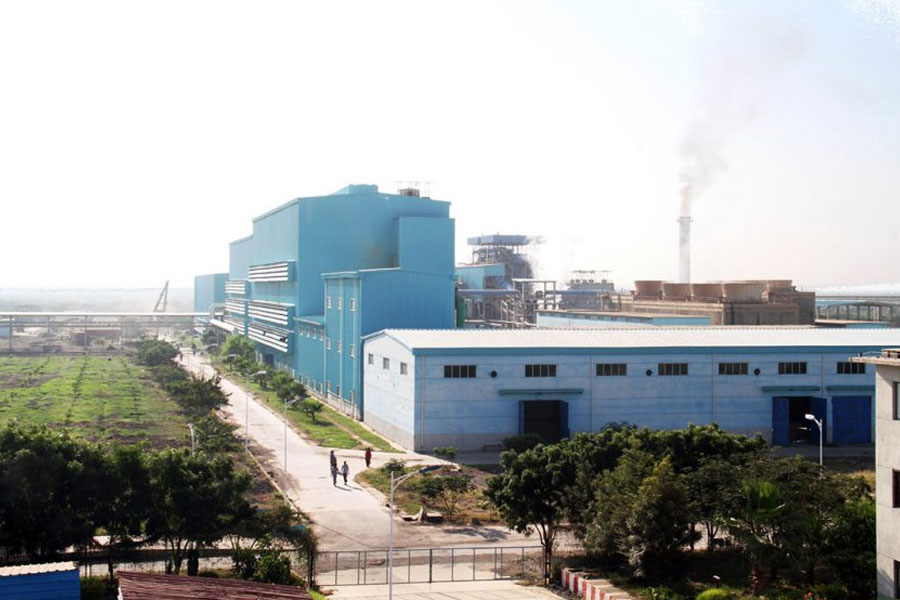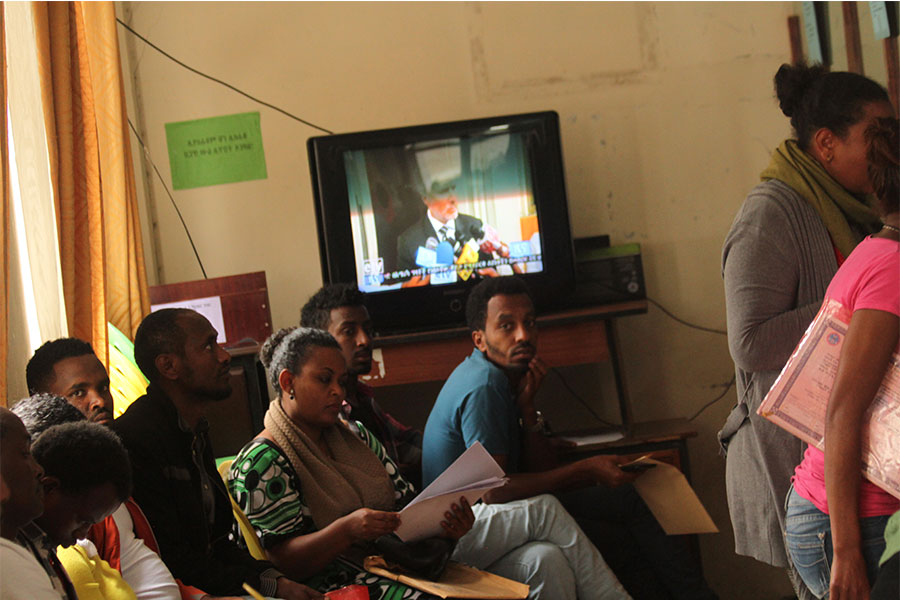
Apr 13 , 2019
By BERHANE HAILEMARIAM ( FORTUNE STAFF WRITER )
The government has begun the process of privatising 13 sugar factories that are operational or under construction.
The Ministry of Finance and the Ethiopian Sugar Corporation released a request for information (RFI), which will be used to collect information about the capabilities of investors. The process was announced on April 12, 2019, by Eyob Tekalign (PhD), state minister for Finance, and Weyo Roba, the CEO of the Corporation.
The RFI will be made available on the websites of the Finance Ministry, the Corporation and the Public Enterprise Holding & Administration Agency beginning April 15, 2019. It will stay open for 40 consecutive days for all interested parties to provide their information.
“The questionnaire helps to identify interested potential investors as well as promoting transparency and uniformity of the evaluation,” said Eyob. “The questions have been designed to give respondents opportunity to bring their ideas to the table, as well as enable the Ministry to prepare a suitable tender.”
The modalities include allowing investors to table what sort of engagement they are looking for - full ownership of a sugar factory, partial transfer or a public-private partnership. There is also the opportunity to suggest any other modality that would expand the possibilities for the transfer of assets.
The nation currently has eight active sugar plants, with Omo-Kuraz III only the latest to be completed. It can produce 8,000ql to 10,000ql of sugar a day and was built at a cost of 290 million dollars.
The government is currently in negotiations with the Ethio-Sugar Manufacturing SC to privatise Wonji Shoa Sugar Factory, the oldest plant in Ethiopia, which has a capacity of producing 750,000ql of sugar a year. The share company has offered an estimated 11 billion Br for the plant.
The annual production capacity of these factories was four million quintals, while demand stands at 7.2 million quintals. In the 2016/17 fiscal year, Ethiopia imported 4.1 million quintals of sugar.
With a view of closing this gap, Ethiopia has had an ambitious plan for growing the sugar industry. Ten sugar plants were planned for construction and awarded to the Metals & Engineering Corporation (MetEC) with a target of reaching 40.7 million quintals of sugar production a year. None of the projects were able to materialise under MetEC however.
“It's about time the government stops interfering in projects that ultimately result in macroeconomic strains,” said Eyob.
Last June, the Executive Committee of the ruling EPRDF unanimously voted to partially privatise some of the most profitable state enterprises with the government retaining majority stakes. The Committee also decided to privatise state-owned railways, sugar factories, industrial parks, hotels and manufacturing plants.
An expert in economics and trade for more than a decade and a lecturer at Bahir Dar University has reservations on how successful privatisation would be given that most of the sugar factories have been failures.
“It needs a thorough investigation as for why previously privatised firms, such as textile factories, failed before engaging in another failure,” said Tesfaye Melaku. “It is a great idea though that investors' profiles are being scrutinised before agreements.”
PUBLISHED ON
Apr 13,2019 [ VOL
20 , NO
989]

Fortune News | May 14,2022

Sunday with Eden | Feb 29,2020

Commentaries | Jan 22,2022

Viewpoints | Apr 06,2019

Agenda | Mar 02,2019

Dec 22 , 2024 . By TIZITA SHEWAFERAW
Charged with transforming colossal state-owned enterprises into modern and competitiv...

Aug 18 , 2024 . By AKSAH ITALO
Although predictable Yonas Zerihun's job in the ride-hailing service is not immune to...

Jul 28 , 2024 . By TIZITA SHEWAFERAW
Unhabitual, perhaps too many, Samuel Gebreyohannes, 38, used to occasionally enjoy a couple of beers at breakfast. However, he recently swit...

Jul 13 , 2024 . By AKSAH ITALO
Investors who rely on tractors, trucks, and field vehicles for commuting, transporting commodities, and f...

Oct 25 , 2025
The regulatory machinery is on overdrive. In only two years, no fewer than 35 new pro...

Oct 18 , 2025
The political establishment, notably the ruling party and its top brass, has become p...

Oct 11 , 2025
Ladislas Farago, a roving Associated Press (AP) correspondent, arrived in Ethiopia in...

Oct 4 , 2025
Eyob Tekalegn (PhD) had been in the Governor's chair for only weeks when, on Septembe...